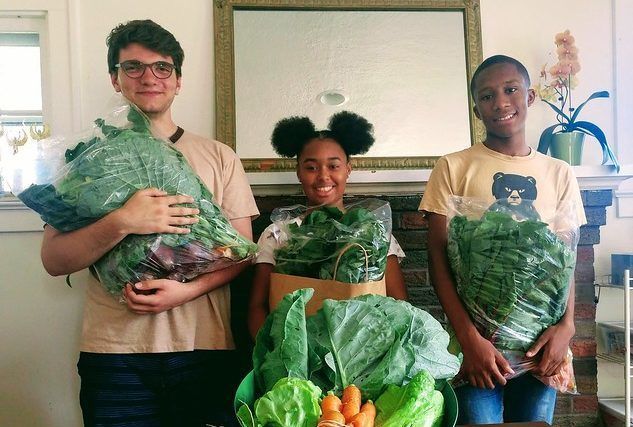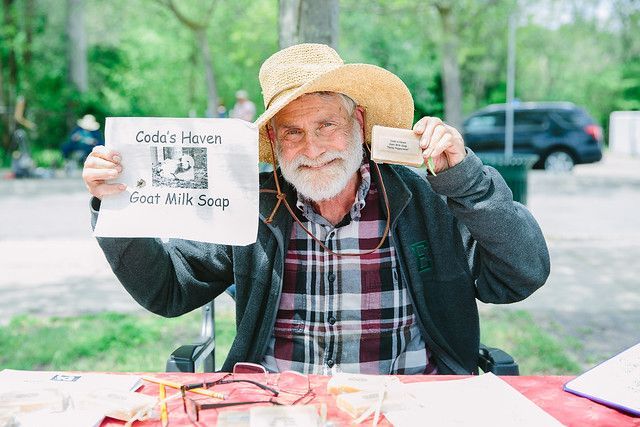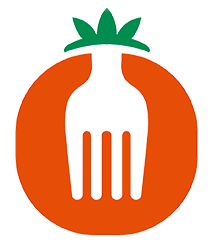Article
Rooted in Hope, Growing into 2025
Dear Growing Hope Family,
The turning of the year invites us to pause, reflect, and envision what lies ahead. As we step into 2025, we celebrate the seeds of change we nurtured together in 2024. Each garden tended, meal shared, and bond forged has been an act of resistance and renewal, drawing us closer to a future of food sovereignty for Ypsilanti.
Last year, we witnessed profound moments of transformation: community gardens blossoming into sanctuaries of nourishment, teens learning the ancient wisdom of cultivation and care, and neighbors standing shoulder to shoulder to reclaim agency over their food systems. Each step, no matter how small, was a declaration that food is a human right, not a privilege.
This year, we grow deeper, stronger, and bolder.
We root ourselves firmly in equity, acknowledging the injustices that have shaped our food landscape and committing to uprooting them together. We strengthen the networks of care that cradle our community, ensuring no one is left behind. And we cultivate abundance—not just in the produce that sustains our bodies but in the joy, dignity, and solidarity that sustain our spirits.
Here’s our vision for 2025:
- Planting seeds of justice: Expanding initiatives that center the voices and leadership of those most impacted by food inequity.
- Cultivating sustainable connections: Deepening partnerships with local organizations and neighbors to create a web of support that nourishes all.
- Harvesting the power of community: Celebrating our shared successes and embracing the collective wisdom that drives us forward.
This work is not easy, but it is sacred. Together, we will grow boldly, rest deeply, and dream expansively. Let us nurture the hope that lives within each of us and transform it into action that ripples across our city.
To a year of abundance, justice, and unwavering solidarity,
With love and gratitude,
Julius Buzzard
P.S. Keep an eye out for specifics and updates on how your solidarity is making a tangible difference in Ypsilanti.
share this
Related Articles
Related Articles

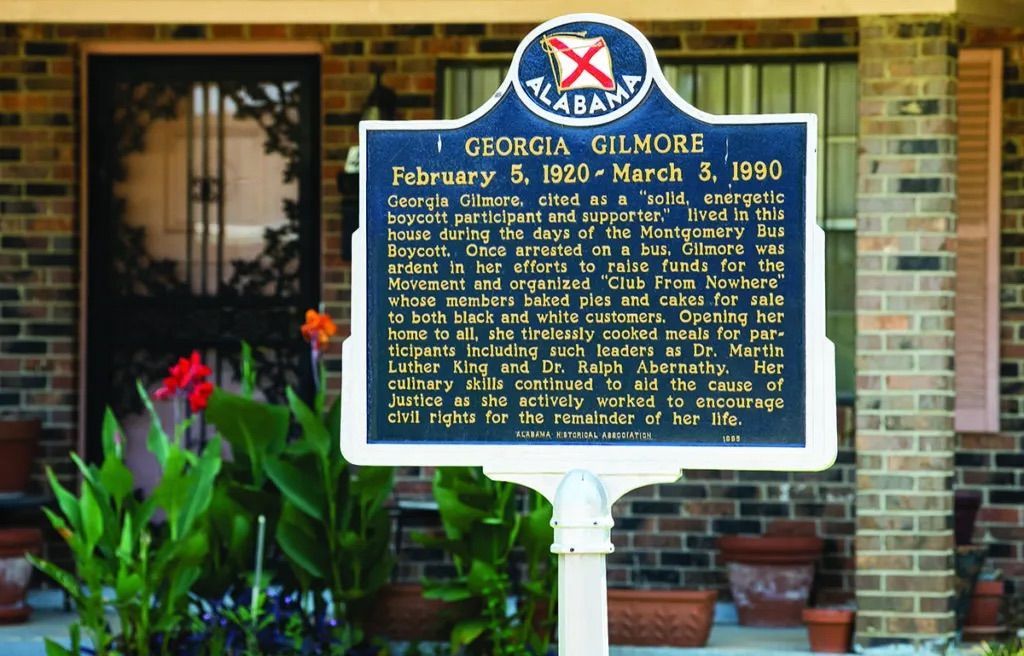

STAY UP TO DATE
GET PATH'S LATEST
Receive bi-weekly updates from the church, and get a heads up on upcoming events.
Contact Us


